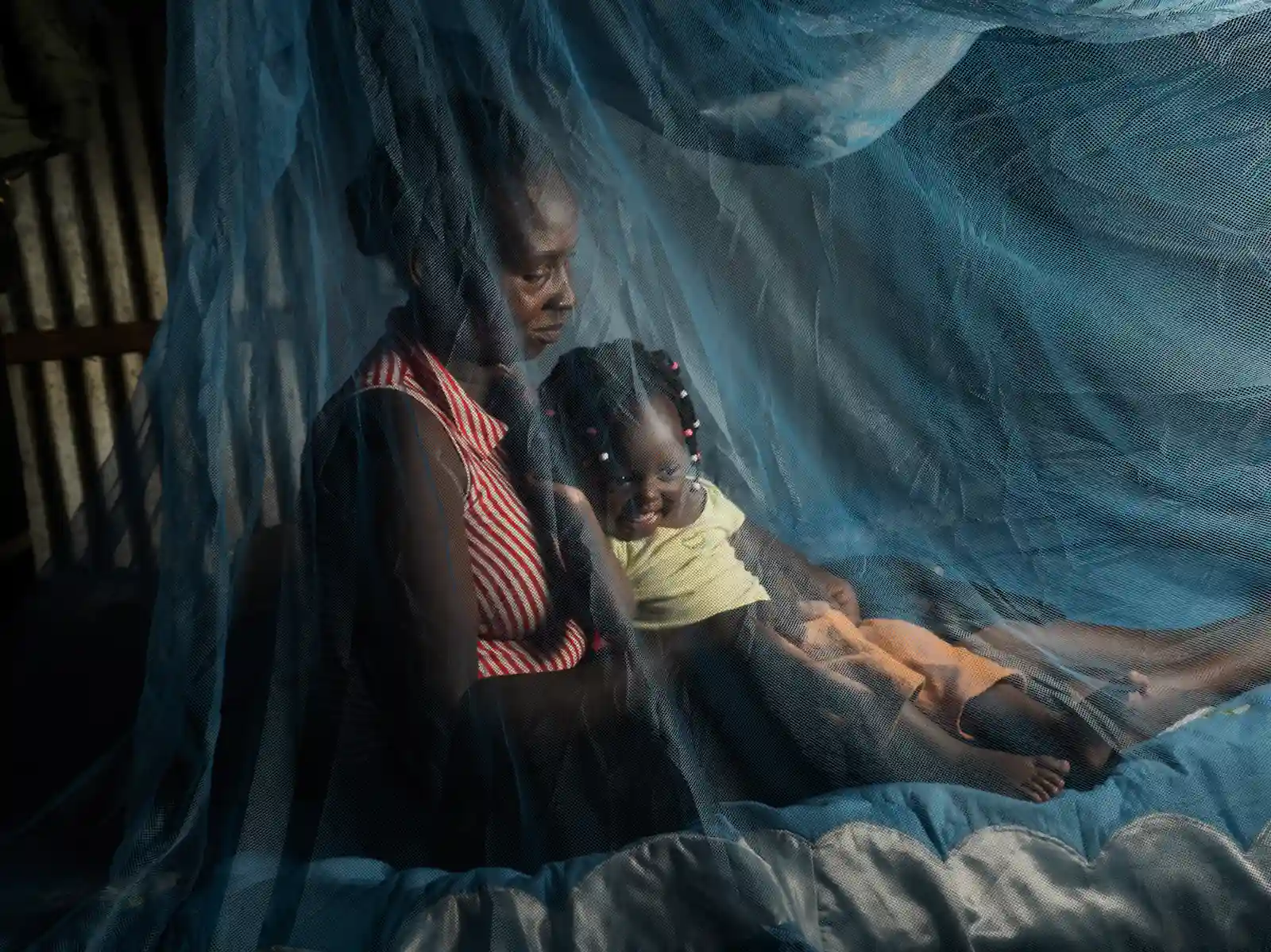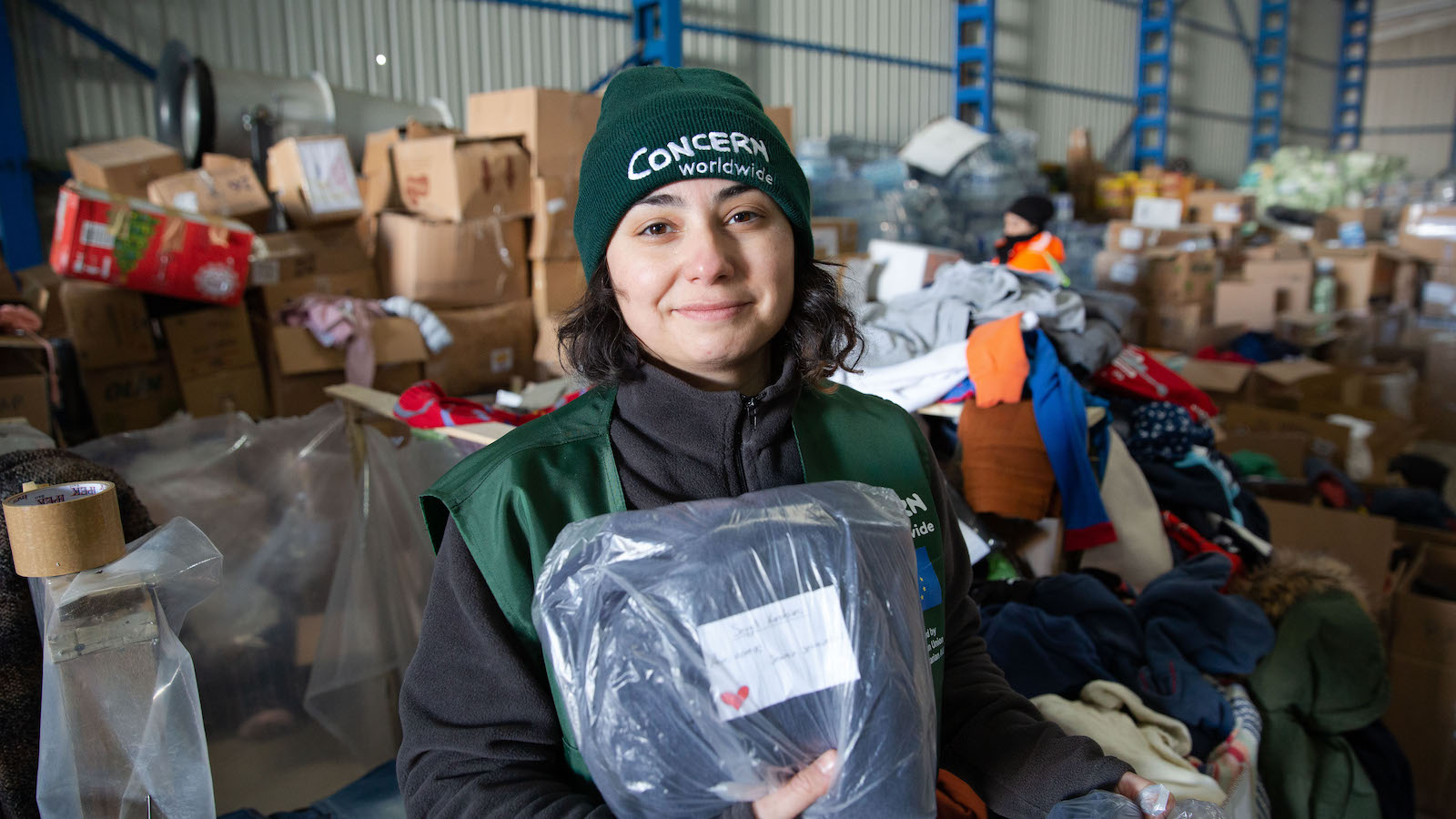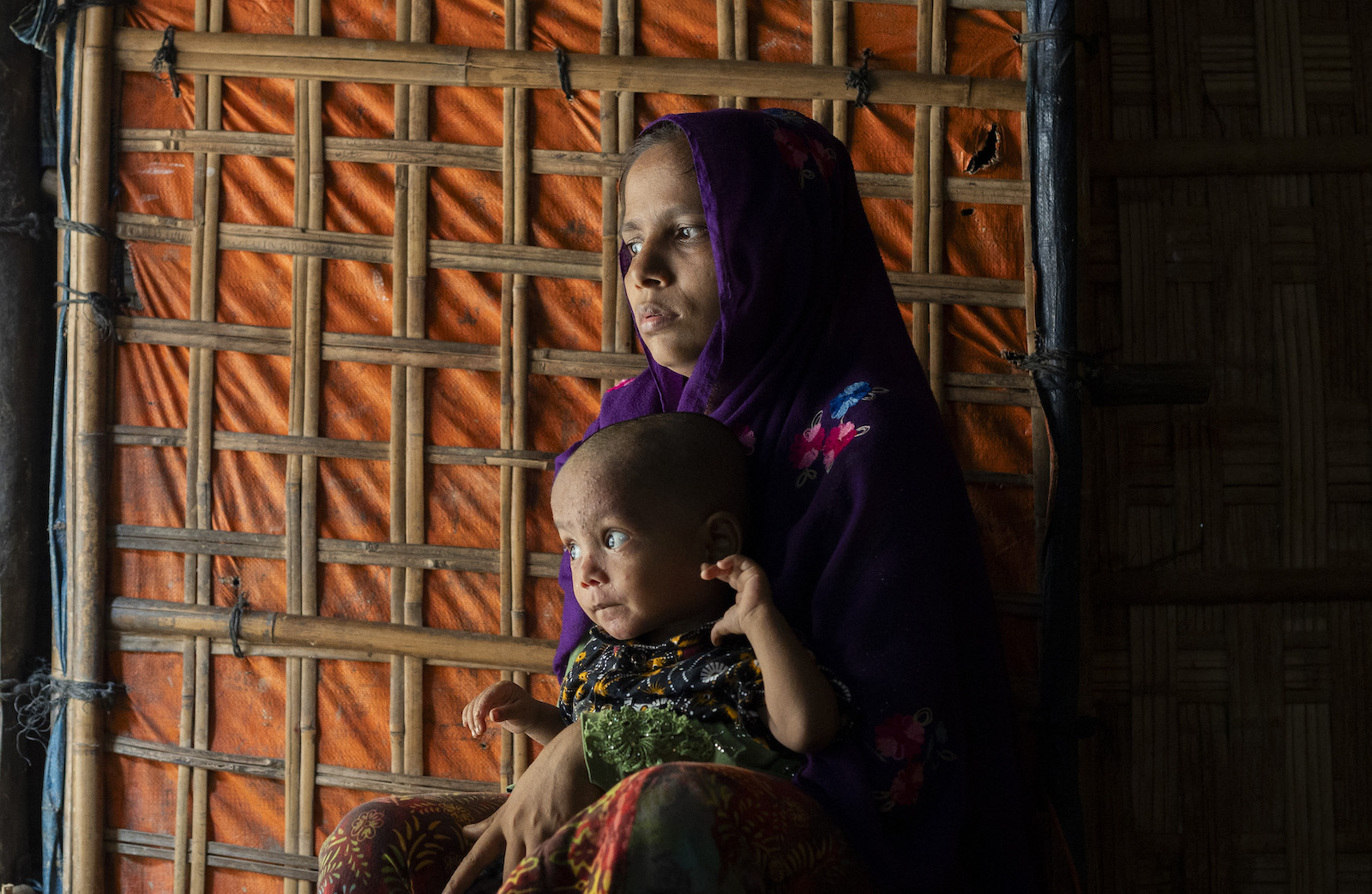Concern is currently working in 25 countries, and malaria is a high health risk in 20 of these.
Malaria is the leading cause of illness and death in children under five years in South Sudan, and is also a major cause of death in children under five years of age in Chad, Democratic Republic of Congo (DRC), and in Liberia. The latest report from the World Health Organization states that, in 2021:
- There were 619,000 death from malaria worldwide
- There were 247 million new cases of malaria worldwide
- 95% of all cases were in Africa
With the right level of investment and commitment, it should be possible to reach zero malaria, but to get to that point there's a long, hard road ahead.
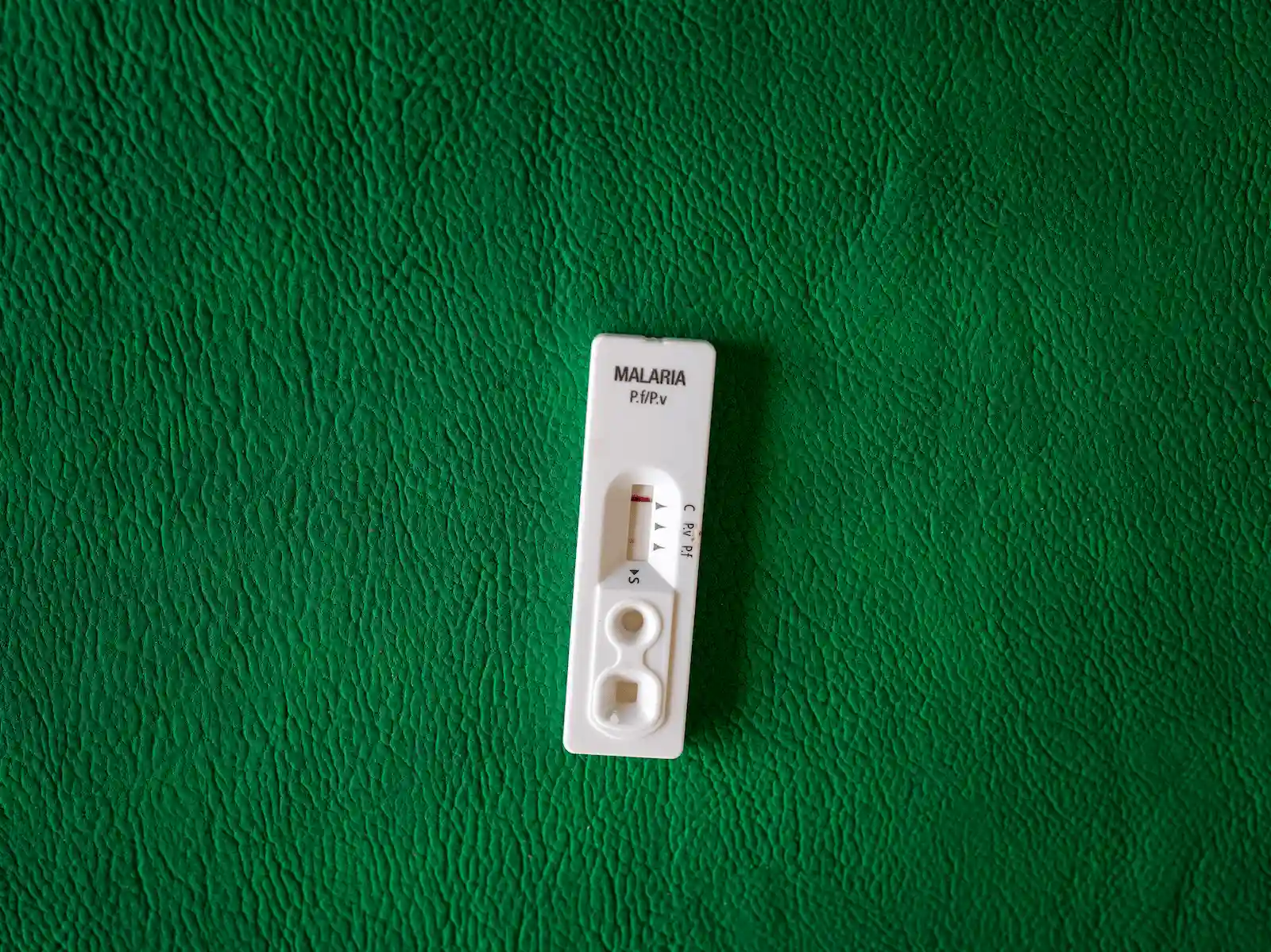
Malaria prevention
Malaria is a life-threatening disease spread to humans by some types of mosquitoes. It is mostly found in tropical countries. Prevention is the best and most cost effective strategy. Malaria can be prevented by avoiding mosquito bites or by taking medicines. There are a number of steps that can be followed in order to reduce the risk of malaria
- Use mosquito nets when sleeping in places where malaria is present
- Use mosquito repellents (containing DEET, IR3535 or Icaridin) after dusk
- Use coils and vaporizers
- Wear protective clothing
- Use window screens
When malaria is contracted, early diagnosis and treatment is essential to save lives. Since 2021, WHO has recommended broad use of the RTS,S/AS01 malaria vaccine among children living in regions with moderate to high P. falciparum malaria transmission. The vaccine has been shown to significantly reduce malaria among young children.
The link between malaria and malnutrition
In many countries where Concern is working, malaria can be a contributory factor to malnutrition in children especially, and conversely malnutrition can increase the risk of malaria infection. Concern teams, along with partner Ministries of Health staff, are seeing and responding to these joint threats to children’s lives in countries including Burundi, Chad, DRC, Ethiopia, Kenya, Niger, Somalia, Sudan and South Sudan.
Malaria also increases the risk of poor maternal and newborn outcomes including maternal anemia, maternal death, stillbirth, prematurity, low birth weight, and newborn and infant death.
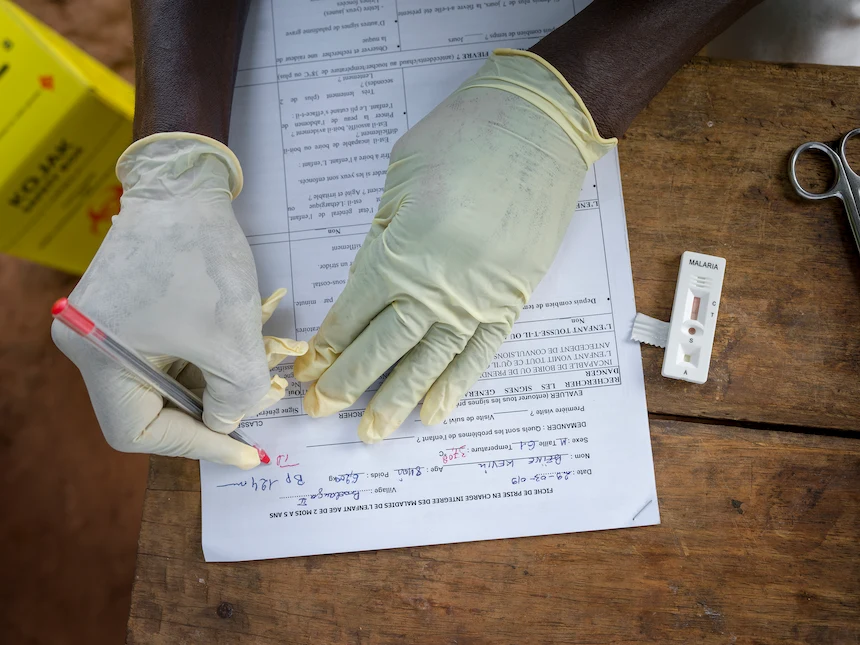
Education for the prevention of malaria transmission is essential. This is, after all, a disease that is 100% preventable. "Any death from malaria - a preventable and treatable disease - is simply unacceptable," said Dr. Pedro Alonso, the former Director of WHO’s Global Malaria Programme in 2017.
What Concern is doing on malaria
While the arrival of vaccines has renewed hope that malaria can be eliminated, they are not the magic bullet one might expect. The logistics — and cost — of delivering widespread vaccination campaigns are massively challenging. Poor infrastructure, depleted health systems, and the effects of conflict are among the major challenges facing such an outcome. In time, vaccination may play a major role in making malaria history, but for now ensuring access to preventative measures and suitable treatments are our best bet for saving lives. Concern Worldwide will continue to be at the forefront of those activities, as we serve affected communities.
In Central African Republic and in DRC, Concern is working with health facilities to ensure that timely treatment is in place for under 5s who are presenting with fever and possible symptoms of malaria.
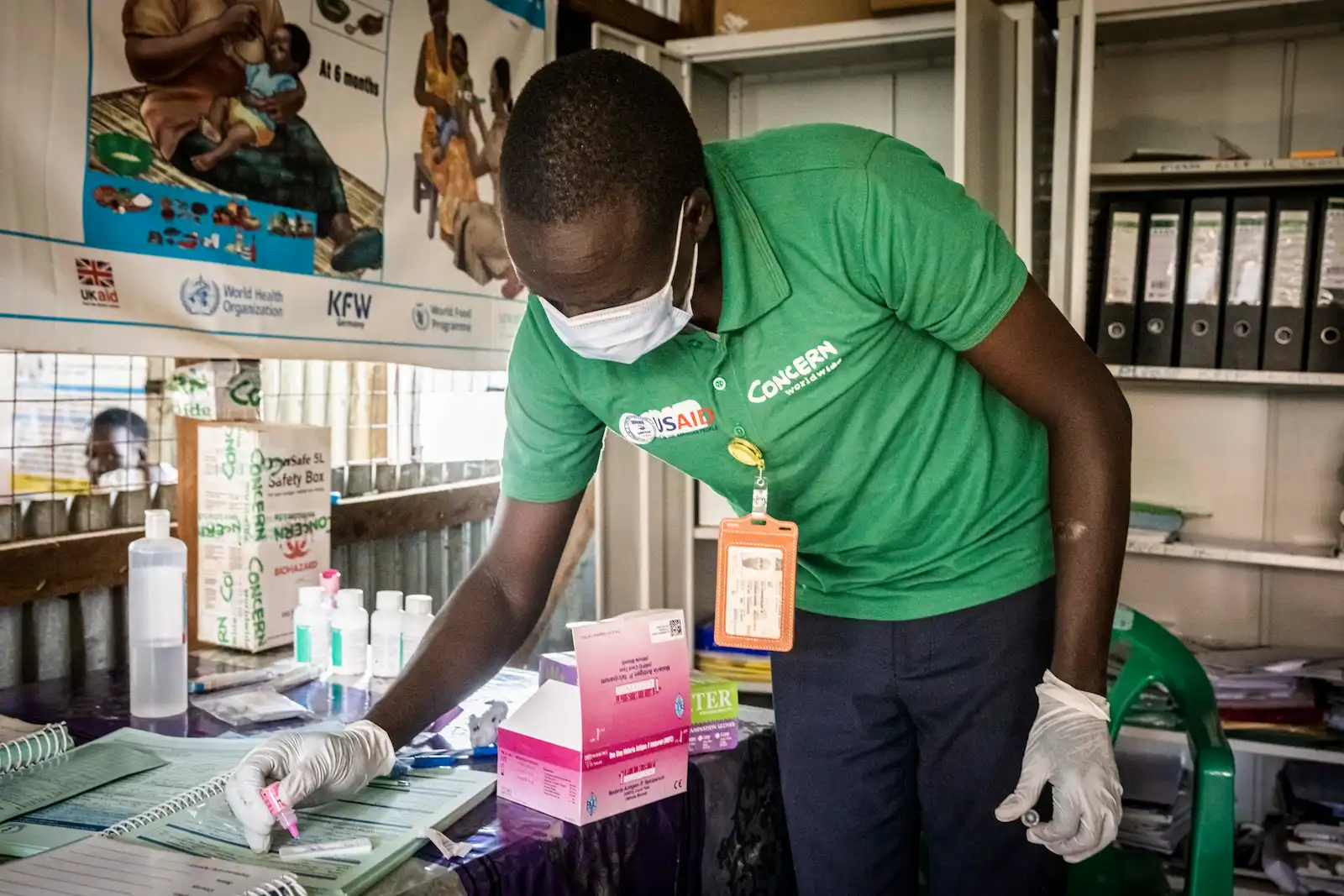
In Niger, joint education and treatment of malnutrition and malaria is also supported.
The Treat and Prevent (TAP) malaria project in Sierra Leone aimed to increase uptake of preventive measures and appropriate healthcare seeking by pregnant women and mothers of children under five in Tonkolili District.
The project focused on working with Traditional Healers and Influential Women to decrease inappropriate testing and treatment, by increasing access to and uptake of formal Ministry of Health services during the 3.5 years of implementation.
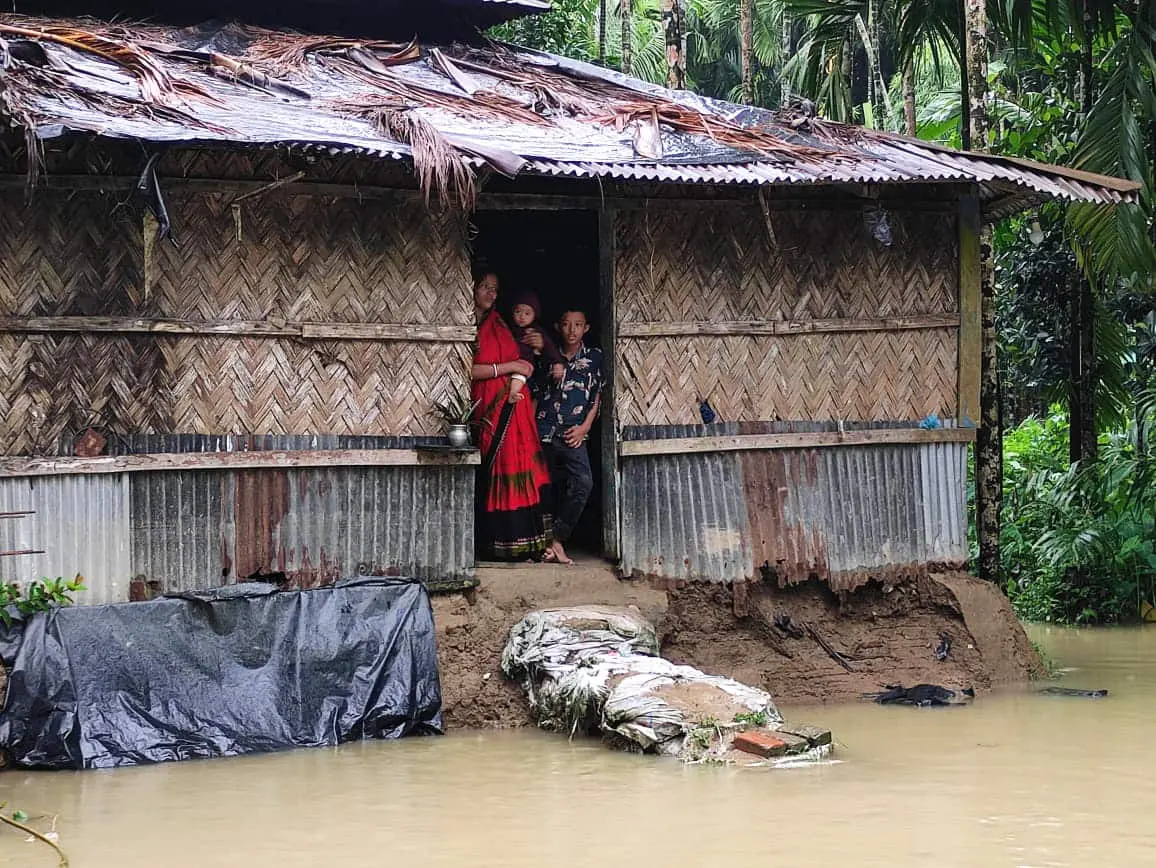
A final external evaluation report in 2021 stated that the contribution of TAP malaria to reduction in mortality over the lifetime of the project was, “very significant, as was the increase in better health seeking rate behavior at primary level in the beneficiary communities. Sustainability remains a major issue but significant behavior changes at community level means increasing attendance at health facilities will continue and fewer people will revert to traditional healers."
In South Sudan, health messaging on malaria prevention measures were delivered both at community and health facility levels last year. A survey in September 2022 reported a 67% improvement in knowledge on health-seeking behaviors, and progress towards better protecting child health.
Finally, the Bangladesh refugee response team is urging mothers and babies to sleep under an insecticide-treated bed net every night as an important measure in the prevention of malaria. Their pivotal message? Mosquito nets save lives.
Support Concern's work with vulnerable communities
This article is adapted from a piece written by Concern's Health Advisor, Breda Gahan.

